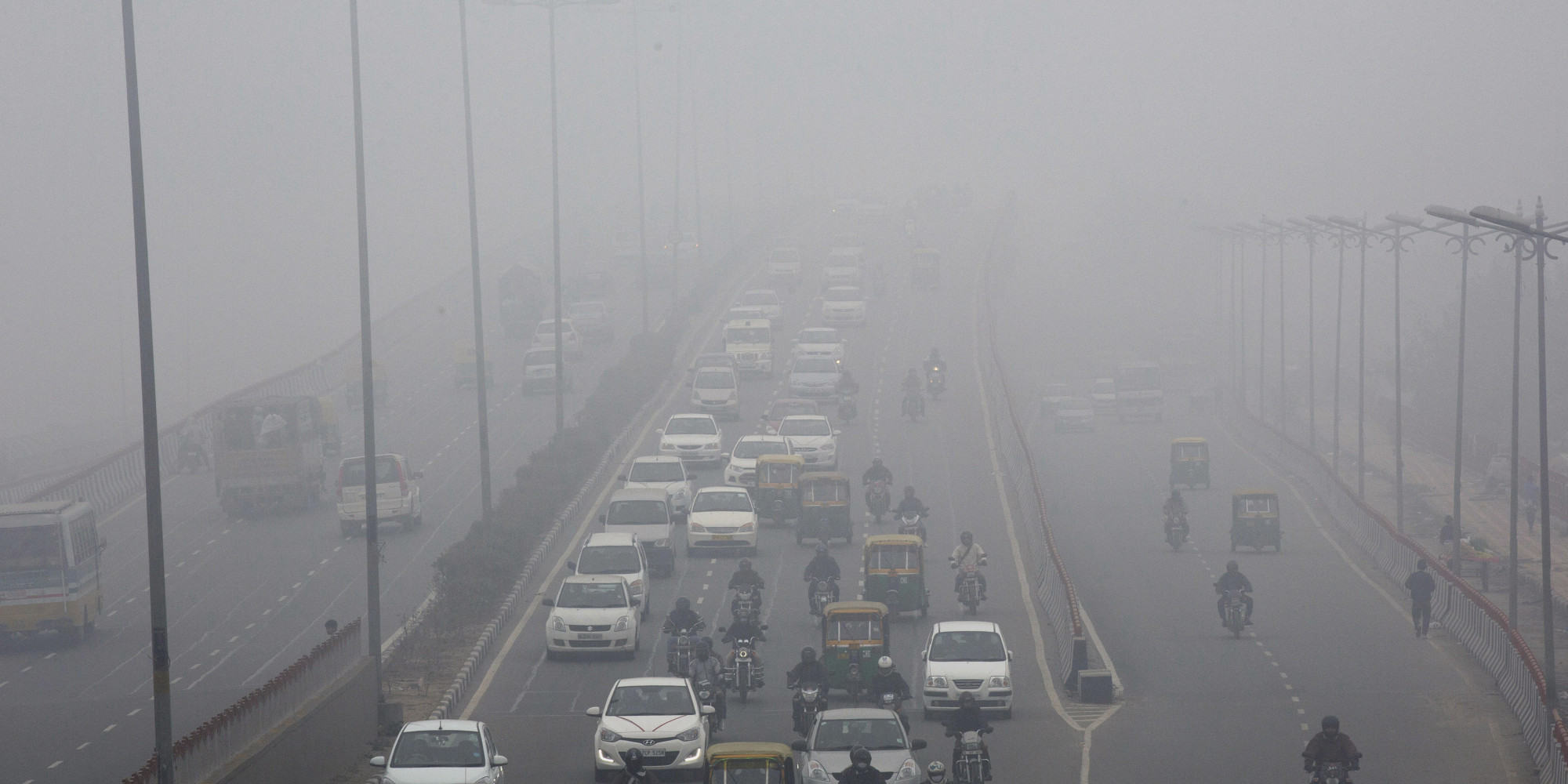It is very difficult to describe how it feels to lose someone that you love. Someone who is central to many lives, often many young lives, who will have no future. Their lives will be a miserable journey without any destinations. A kid will not have something to eat and a mother will have no support when she requires most.
However, it is more difficult to understand the loss of emotion and callousness that has crept in our society. It is unimaginable how a crowd assumes an identity which is so cruel and horrible different from the identities of its individual constituents. Was no-one in the crowd felt the pain of an old man being thrashed to death? Was no-one having any cognisance that they all are committing the gravest crime of their life? Are we becoming so uncontrollably enraged and cruel that human lives have lost meaning? We killed a person because we suspected him of eating beef or killing a cow. I am a vegetarian and devout Hindu but I can never explain what happened in Uttar Pradesh.
More than a decade back, when I spotted Beef on the menu card in a hotel in Mumbai, I walked out of the hotel without a second thought. I could not imagine having food in a place that serves beef. A few years later, I spotted the slaughterhouses near Jama Masjid in Delhi and I ran with a handkerchief on mouth to control the unstoppable nausea that was triggered by the ghastly sight of hanging carcasses. I vomited as soon as I walked out of those narrow alleys. These were my autonomic reactions. Gradually, I developed my tolerance and understood the cultural and social dimension of food habits.
A few years later, I visited a few african countries and I had eat in those hotels where they cooked everything. I managed to survive, often starving myself whenever I could not find something that I can identify and verify. But I ate in those hotels. I could easily see that people on the next table were having steak. I avoided looking there but I knew there is no fault of the people here. They are not even aware of my food preferences and of the fact that what they are eating is a taboo for me.
My hatred for meat eating never translated into this brutal reaction even at the thought level. Today, I feel sad. I am not aware of what is real story there. But whatever be the story, a mob brutally killing a person can never be justified.
However, it is more difficult to understand the loss of emotion and callousness that has crept in our society. It is unimaginable how a crowd assumes an identity which is so cruel and horrible different from the identities of its individual constituents. Was no-one in the crowd felt the pain of an old man being thrashed to death? Was no-one having any cognisance that they all are committing the gravest crime of their life? Are we becoming so uncontrollably enraged and cruel that human lives have lost meaning? We killed a person because we suspected him of eating beef or killing a cow. I am a vegetarian and devout Hindu but I can never explain what happened in Uttar Pradesh.
More than a decade back, when I spotted Beef on the menu card in a hotel in Mumbai, I walked out of the hotel without a second thought. I could not imagine having food in a place that serves beef. A few years later, I spotted the slaughterhouses near Jama Masjid in Delhi and I ran with a handkerchief on mouth to control the unstoppable nausea that was triggered by the ghastly sight of hanging carcasses. I vomited as soon as I walked out of those narrow alleys. These were my autonomic reactions. Gradually, I developed my tolerance and understood the cultural and social dimension of food habits.
A few years later, I visited a few african countries and I had eat in those hotels where they cooked everything. I managed to survive, often starving myself whenever I could not find something that I can identify and verify. But I ate in those hotels. I could easily see that people on the next table were having steak. I avoided looking there but I knew there is no fault of the people here. They are not even aware of my food preferences and of the fact that what they are eating is a taboo for me.
My hatred for meat eating never translated into this brutal reaction even at the thought level. Today, I feel sad. I am not aware of what is real story there. But whatever be the story, a mob brutally killing a person can never be justified.



